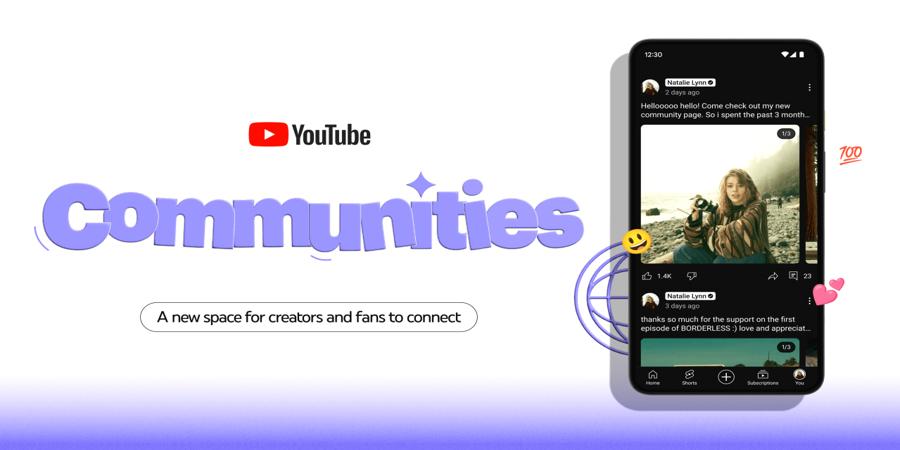Optimize Your Resume for Remote Jobs
Discover tips and tricks on how to find remote jobs effectively. You must modify your CV to fit the job description whether you’re looking for a remote or in-person position. This approach requires a little more adjusting for remote work.
1: Specify That You’re Looking for Remote Work:
You must modify your CV to fit the job description whether you’re looking for a remote or in-person position. This approach requires a little more adjusting for remote work. Indicate That You’re Seeking for Work from Home.
On your CV, be clear about your goals. Use the summary or objective part of your resume, if it has one, to indicate that you are seeking remote employment. Give specifics: Indicate whether you’re open to working in both totally remote and hybrid work situations.
Alternatively, you might indicate on your CV that you are “location independent” rather than providing a real address. Nevertheless, certain remote tasks are location-specific (particularly in cases when they involve a hybrid work paradigm). Include your proximity to such a place if that is the case.
2: Emphasize Remote-Relevant Skills
Employers that work remotely look for workers that may thrive in a remote environment. Emphasize your suitability by highlighting your remote-relevant abilities, like flexibility and time management.
Furthermore, effective communication skills and a rapid learning curve for new technology are essential for remote enterprises. It would be beneficial to bring up your familiarity with online collaboration platforms such as Zoom, Google Drive, and Microsoft Teams.
3: Highlight Any Previous Remote Work
Don’t forget to mention any prior experience working remotely. Highlight your successes and the ways you have influenced the remote work environment. Did you have great communication skills? Have you enhanced remote procedures and workflows?
If you don’t currently have a remote job, consider the instances in which you have proven to have remote-relevant talents in other roles. You may have, for instance, collaborated flexibly with coworkers in different time zones. Alternatively, you may be an adept self-starter who requires minimal guidance from others. These traits and experiences are important to discuss.
Learn the Remote Work Buzzwords
Not every remote work is made equal. It will be apparent from the language used in the job listings, whatever differences exist. A few essential words and expressions to be aware of are:
1: Hybrid
Working remotely, from home or another location like a shared office, is combined with in-person work in a hybrid work environment.
2: Telecommuting
Although it’s a bit of an outmoded term, it’s nevertheless commonly used in remote job listings. To put it simply, telecommuting is working from home.
3: Distributed Workforce
An entirely remote organization is indicated by a located staff. All of your employees work from home, including you.
4: Virtual or Online Job
Another word for working remotely. From home or a remote office, all work is completed online.
5: Flexible Job
Any work that isn’t your standard 9–5 office job qualifies as flexible by definition. This could refer to partially remote or hybrid work when searching for remote employment.
Know Where to Look for Listings
There are remote jobs available everywhere you go. You just need to know where to look. Note that some job forums are specific to remote work, while others are more focused on roles that require in-person interaction. Remember that even while typical job sites provide remote employment, you will need to change your search location to “remote” in order to find remote positions.
1: Konnectorx
Konnectorx platform aim to simplify the process of connecting startups, founders, investors, and job seekers, and provide a valuable resource for anyone looking to find job opportunities, raise funds, or connect with the startup community.
2: Indeed
Provide employees with access to your resume by uploading it. In addition to a variety of job ads for both in-person and remote positions, Indeed provides jobseekers with a platform to upload their resumes in a matter of minutes.
3: LinkedIn
The use of LinkedIn has many advantages. LinkedIn allows you to customize your searches for remote jobs in addition to expanding your professional network. Employers may instantly know if you’re available for work and hunting for remote opportunities by customizing your LinkedIn profile and job-seeking status.
4: ZipRecruiter
With a one-click application process, ZipRecruiter streamlines the job search; nevertheless, it is still recommended that you tailor your CV to each position before applying. Additionally, the portal alerts you to recruiters nearby who may be interested in your resume.
Interview Tips for Remote Jobs
Remote jobs require specialized skills. As a result, interviewers for remote positions often ask specific questions regarding candidates’ preparedness for remote work. Here are a few questions you might run into during an interview.
1: Have You Worked Remotely in the Past?
Most certainly, one of the initial inquiries will be this one. If you have prior experience working remotely, make sure to share your successes and explain why this works for your type of work.
If you haven’t worked remotely before, identify your advantages and use them in a remote setting. Share any relevant experiences regarding times you’ve had to adjust fast to a changing schedule, worked across time zones, or handle schedule changes.
2: What Kind of Digital Collaboration Tools Have You Used?
You must remain up to date with the newest collaboration technologies if you work remotely. If your present job does not require you to utilize these applications, you might want to familiarize yourself with Slack and Zoom. It wouldn’t hurt to look into well-known project management apps like Monday and Asan as well.
3: How Do You Stay Organized in a Digital Workplace?
Here is your chance to demonstrate to potential employers that you are a dependable and productive worker, even when there isn’t direct supervision. Additionally, now is an excellent moment to bring up your familiarity with digital tools, if they haven’t already asked you about them (that is, if you utilize applications like Google Calendar or Outlook to help you stay organized).
4: Why Do You Want to Work From Home?
Don’t be fooled by this question’s apparent simplicity. Provide an honest response while ensuring that you come out as a trustworthy worker. You might wish to mention that you’re more driven or productive at home. Maybe you think that being able to create without regard to geography fosters creativity. Relate it to why you’ll be the most suitable for the position, regardless of the motivation.
5: How Would You Rate Your Communication Skills?
No matter where you work, your employers want to know that you can communicate clearly. Tell the truth about your communication style and the reasons you believe it will benefit the company.
Website : www.konnectorx.com
WhatsApp Us 📲 https://shorturl.at/jUZ35
Email: support@konnectorx.com
Phone: +919641119187 / +919990484089
Konnectorx #JobSearch #CareerDevelopment #Remotejobs #Networking #JobHunting #ProfessionalNetworking #JobOpportunities #VirtualEvents #Recruitment #InterviewPreparation
Explore Our Article : How To Find Job Fast with Konnectorx



